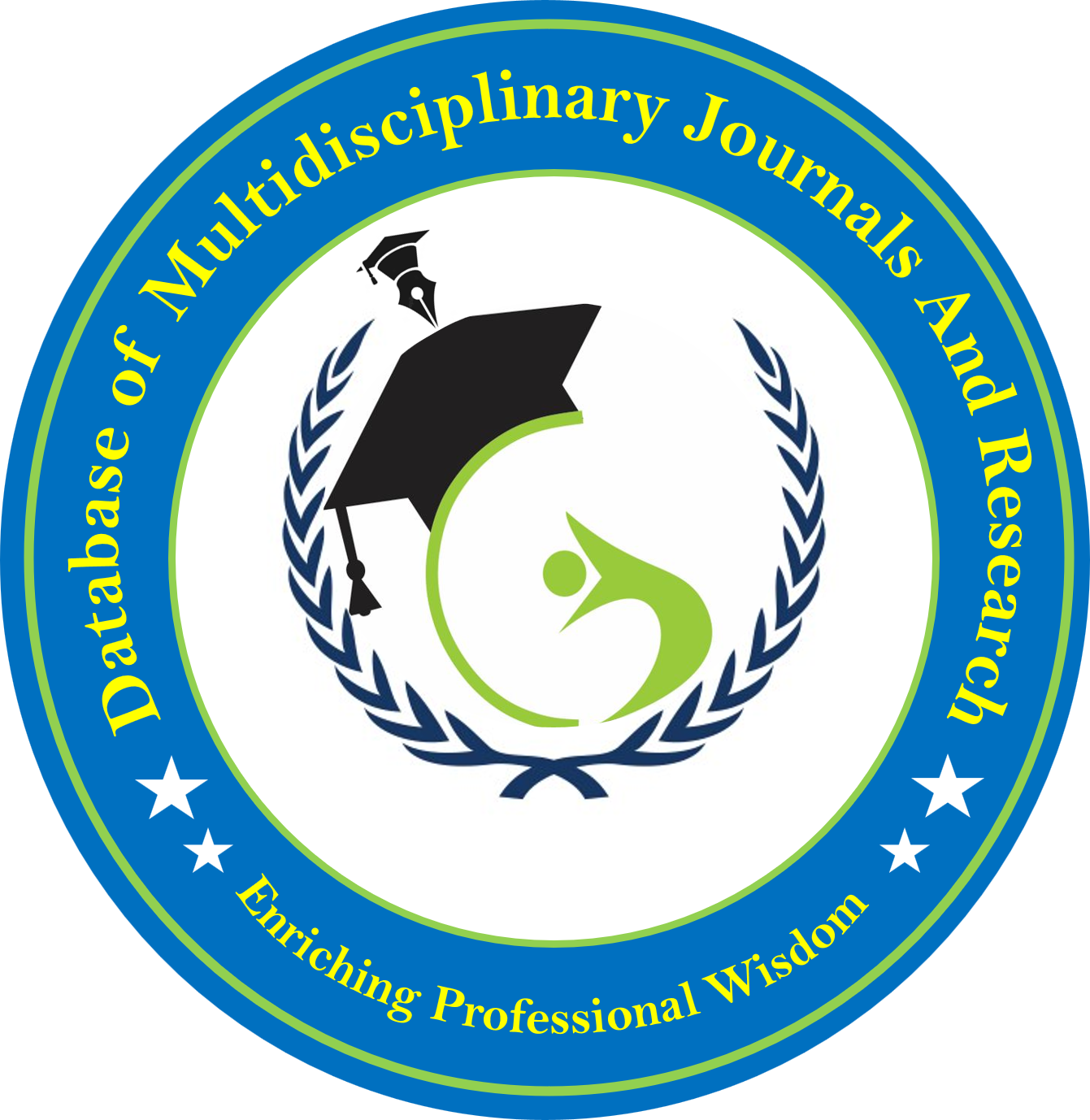Article Author: Sylvanus Kwashie Kuwor
Among the diverse cultural traditions of Africa, music serves as an effective repository of indigenous knowledge systems, collective memory, and social philosophy. Far beyond its aesthetic function as entertainment or sonic expression, African music operates as an integrated cultural phenomenon, embodying cosmological, historical, social, and ethical dimensions central to the lived experiences and worldviews of its communities. It is deeply linked with ritual, spirituality, dance, oral tradition, and communal organisation, thereby functioning as a holistic art form that sustains and transmits cultural values across generations. This paper critically engages the perspectives of leading scholars including J.H. Kwabena Nketia (1974), Kwadzo Avorgbedor (2001), Kofi Agawu (1995), Modesto Amegago (2011), Kofi Gbolonyo (2009), and Sylvanus Kwashie Kuwor (2013), whose work illuminates the multi-layered nature of African music. Collectively, their scholarship challenges reductionist understandings of music as an autonomous or purely aesthetic category, demonstrating instead its role as a dynamic vehicle of cultural performance, identity formation, and intergenerational knowledge transfer.Building on these foundational insights, the paper argues for a reconceptualisation of African music as a multidimensional cultural practice that transcends auditory boundaries and synthesises sound, movement, language, visual forms, and spirituality. Such a framework foregrounds music’s epistemic and pedagogical functions, positioning it as a critical medium through which communities articulate historical consciousness, preserve ethical principles, and negotiate cultural continuity in the face of social change.
Keywords: African Music; Holistic Art Form; Identity Construction; Cultural Representation; Decoloniality
Article Review Status: Published
Pages: 38 - 44




